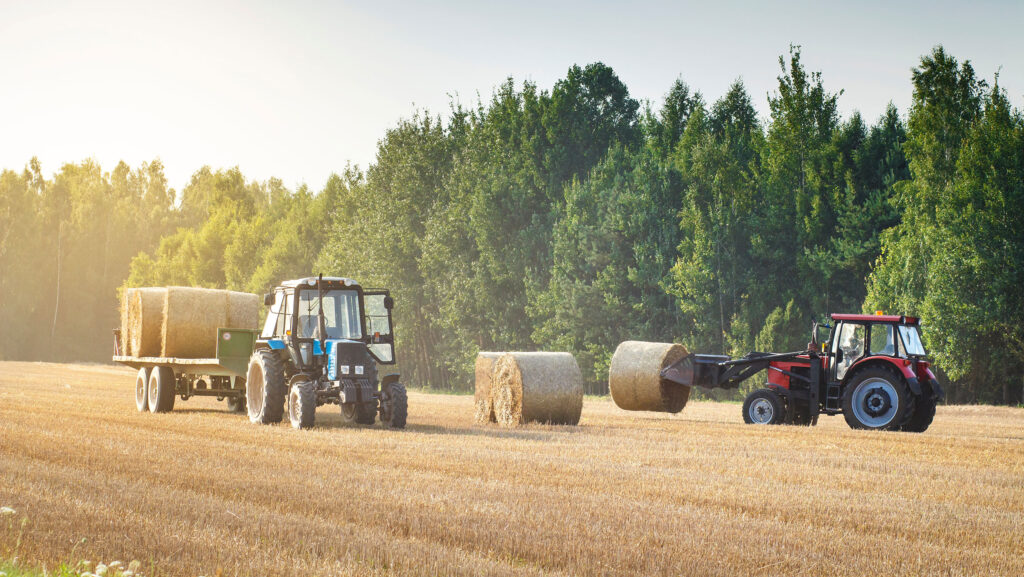Editor’s View: In praise of average farmers
 © Adobe Stock
© Adobe Stock How do you build a farm business that has the highest possible chance of long-term success? Is it by being a great farmer, or by building a great system where an average farmer can flourish?
There is an eternal debate among historians about whether great individuals have an outsized impact on the course of history or whether, with hindsight, they were just being swept along by events like the rest of us.
Henry Kissinger, who died last November, first came to the US as a Jewish refugee fleeing the Nazi peril. He rose to be secretary of state and had a hand in many of the most significant events of the 20th century.
See also: Struggle for survival revealed in wide-ranging beef survey
It was his belief that while individuals have moments of greatness, to have a lasting legacy they must build institutions capable of functioning with people who are operating at an average standard of performance.
As I digested the results of our in-depth survey of beef farmers this week, it occurred to me that what is true of foreign policy is also true of farming. The messages that came back were stark.
While one-third are making a regular profit, either from standalone beef enterprises or ones that are a comfortable part of a mixed farming system, many of the rest are feeling the pinch.
There is a reliance on unpaid family labour, an inability (or little desire) to take regular holidays, and one-third have no succession plan in place for the next generation.
To summarise: These businesses are reliant on a small number of people making enormous sacrifices to make them work, and we should be worried about their prospects.
We all know remarkable farmers who have built businesses from scratch. They are driven by a burning desire to create something that will stand the test of time – a business, a bloodline or an extraordinary place to live.
The perception is that they have often done it by working harder and longer than most other folk can tolerate.
But therein lies the biggest risk to longevity – the more reliant a business is on an exceptional individual, the less chance there is that person can be replaced.
The nature of farming is that there will always be periods in the year where the work will be long and hard. But I wonder are we sometimes too quick to put only the type of farmer described above on a pedestal?
As the attendees at our beef roundtable discussion noted, some farmers are overlooking opportunities to get to grips with how well (or not) their business is running.
Who has a more resilient long-term business: The person running a small unit with an ultra-simple setup, perhaps even while doing some other work on the side?
Or the person who has expanded up to the hilt using every tractor and piece of kit at their disposal but knows their bank manager on a first-name basis?

